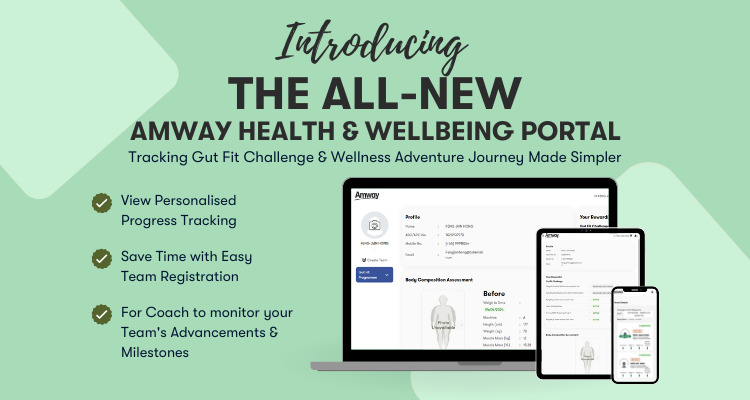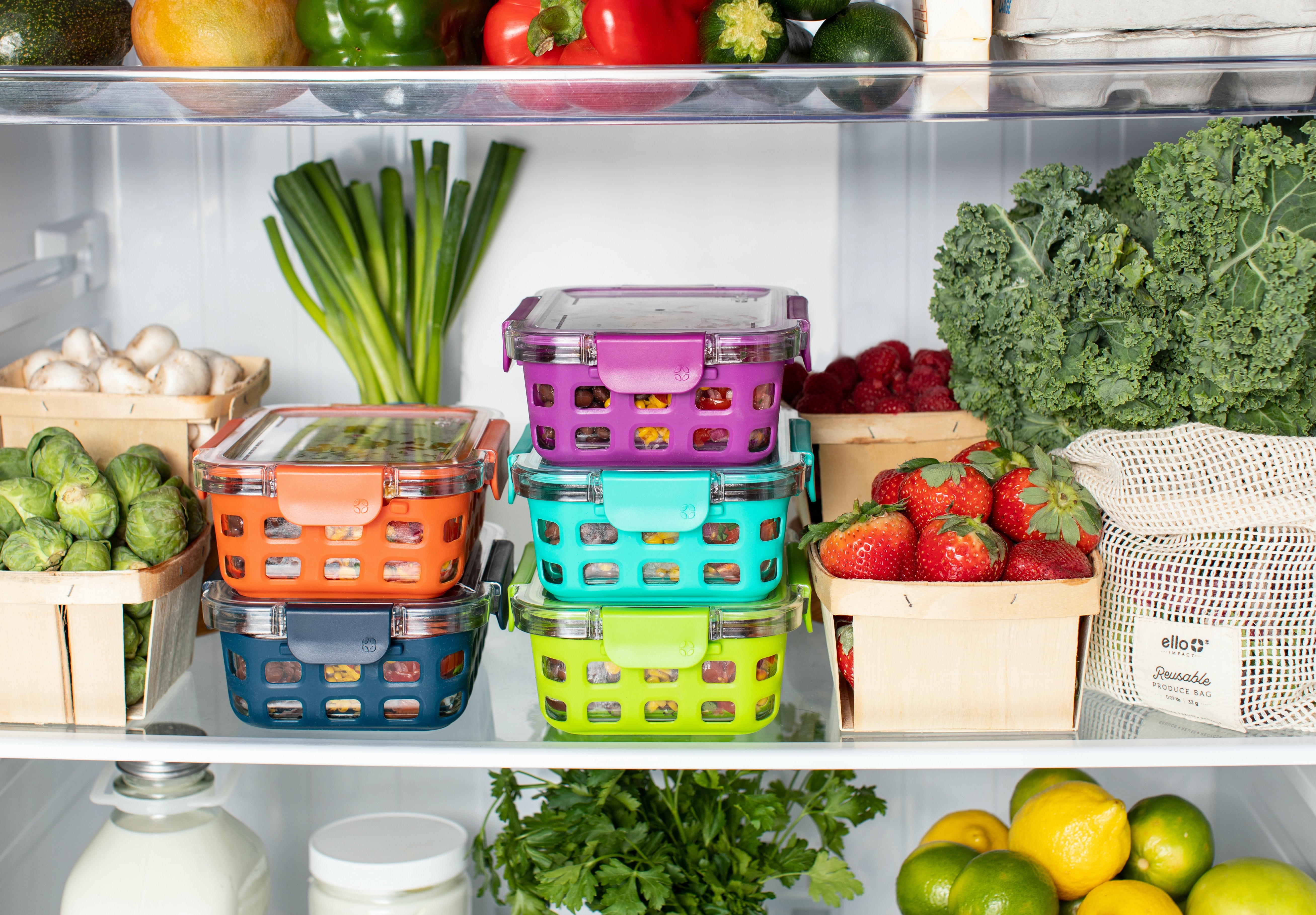

Experts from around the world agree that eating a nutritious, well-balanced diet of fruits, vegetables, and lean proteins, along with regular exercise, is a key part of maintaining optimal health, including providing support for your immune system.
A healthy diet provides the bulk of the essential vitamins, minerals, and other nutrients your body needs to function properly, especially those colourful fruits and vegetables. In fact, the World Health Organization (WHO) recommends that people consume between 5-9 servings of fruits and vegetables each day.
Unfortunately, many people fall short of getting what they need. According to the Nutrilite Health Institute’s Global Phytonutrient Report, 60-87% of adults worldwide consume less than five servings of fruits and vegetables each day.
Missing a day of healthy eating now and then won’t hurt you, but if you make a habit, you could develop a vitamin deficiency. The signs of a vitamin deficiency are different depending on the nutrient, but your body has ways of letting you know it’s missing something.
Adjustments in your diet to ensure diverse foods, including superfoods and fruits and vegetables from every colour of the rainbow, and supplements can usually put things back in balance. Here are some of the most common vitamin deficiencies and ways to address them so you and your immune system are at peak performance.
Iron deficiency affects more than 25% of people around the world, according to the WHO, and is one of the most common nutrient deficiencies. Nearly half of preschool children and almost 30% of menstruating women may not be getting enough of this essential mineral.
Vegetarians and vegans are also at risk because the body doesn’t absorb the type of iron found in plants as well as that found in animal foods.
Iron is needed for growth and development. It’s used by your body to make haemoglobin, a protein in red blood cells that allows oxygen to be carried throughout your body.
Iron-rich foods include red meat, liver, shellfish, canned sardines, beans, seeds (like pumpkin, sesame, squash) and dark leafy greens. Many foods, like cereals, are also fortified with iron.
You can also consider a supplement to help get your daily dose. New Advanced Nutrilite DOUBLE X provides 12 essential vitamins and 10 essential minerals, including 28% of your daily iron needs (2X consumption of New Advanced Nutrilite Double X; recommended iron intake for women).
You can take the New Advanced Nutrilite Double X supplement alone or fill some other nutrient gaps by making the Nutrilite Concentrated Fruits and Vegetables part of your daily routine. Concentrated Fruits and Vegetables deliver phytonutrients equal to more than 10 servings of fruits and vegetables.
Research shows that vitamin A is one of the most prevalent vitamin deficiencies in the world. Globally, it’s estimated that 30% of children under age 5 are deficient. Those at the highest risk of deficiency are pregnant women, breastfeeding mothers, infants, and children.
Vitamin A is essential for healthy skin, teeth, bones, and cell membranes. It also supports vision health. To make sure you get enough vitamin A, look to nutrient-dense superfoods including meat, dairy, eggs, or fish liver oil, as well as green, yellow, red and orange fruits and vegetables, like sweet potatoes and carrots. Not only will those up your vitamin A intake, but those colourful foods will also add phytonutrients.
For supplements, New Advanced Nutrilite DOUBLE X can play a key role. Double X™ supplement offers 300% of the daily recommended intake of vitamin A plus 19 different plant concentrates providing phytonutrients from every colour of the fruit and vegetable spectrum.
Nutrilite™ Concentrated Fruits and Vegetables provides the phytonutrient equivalent of more than 10 servings of fruits and vegetables. Those phytonutrients are key to providing antioxidants, which research shows support your immune system.
Your body uses iodine to make thyroid hormones and those hormones affect your metabolism and many other functions. It also helps with bone and brain development during pregnancy and infancy. (That’s why pregnant women need 50% more iodine than other people.)
Unfortunately, research shows that nearly a third of the world’s population is affected by iodine deficiency. Since your body doesn’t make this essential mineral, you’ll need to get it from foods rich in iodine like seaweed, fish, dairy, and eggs.
It’s also readily available in supplements. Nutrilite Daily includes 100 percent of the daily recommended intake of iodine as part of the 18 essential vitamins and minerals provided in each tablet. It also includes 6 added phytonutrients from 75 mg of whole plant concentrates.
Additional common vitamin deficiencies include vitamin D, especially if you lack regular exposure to sunlight; calcium, particularly in women and older adults; and B12, which helps support healthy nerves and blood cells in addition to assisting in the production of DNA for all your cells.
The best way to prevent vitamin deficiency is to eat a balanced diet that includes a variety of whole, nutrient-dense foods. To fill any nutrient gaps, talk to your doctor about adding daily supplements.
A multivitamin and multimineral supplement is a good place to start, but your doctor may have other recommendations based on your nutrient needs.